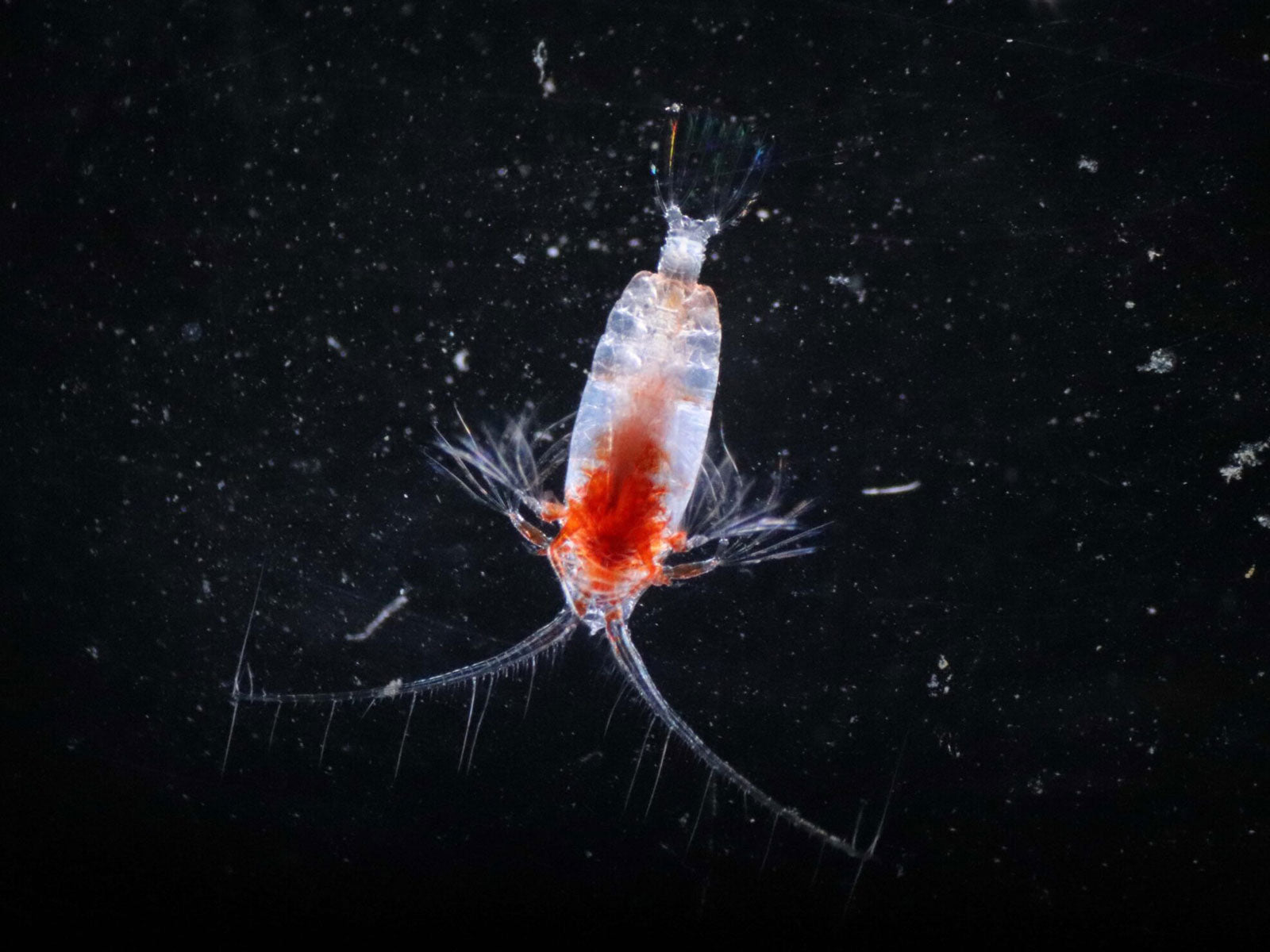The plankton, as important as the air we breathe

In collaboration with Natalia Llopis
The oceans are fundamental for the health of the planet. Their waters cover 71% of the Earth's surface, so it's no wonder that Earth is also known as the blue planet.
The ocean harbors a wide variety of creatures, but one of them, plankton, a submarine world composed of multicolored organisms that can barely be seen with the naked eye, is possibly the most important of all.
Plankton, from the Greek "wanderers," is composed of wandering beings, without direction, incapable of fighting against ocean currents. Mostly microscopic, although organisms like jellyfish are also plankton.
Planktonic organisms are divided into two main groups. Phytoplankton, which is made up of photosynthetic organisms, akin to plants on land, and zooplankton, consisting of tiny animals. They are so tiny that there can be thousands of organisms in a single drop of water!

Despite its tiny size, plankton plays a fundamental role in life on Earth. There are countless species, of unsuspected diversity, ranging from spheres to incredibly complex geometric shapes, and each of them performs a unique and necessary task to maintain balance in the ocean.
It is responsible for carrying out 20% of all photosynthesis on Earth and represents around 95% of the biomass of the oceans. Fish, sharks, marine mammals, and indirectly, us, all feed on plankton. Without plankton, the oceans would be lifeless water deserts.
As if all this weren't enough, plankton uses solar energy to transform carbon dioxide into oxygen.
Now, take a deep breath. Seriously, breathe again. Fifty percent of the oxygen that just entered your lungs is a gift from plankton.

Down there lies a fascinating world; just because we can't see it doesn't mean we shouldn't protect it. Let's not forget that these organisms provide us with everything we need to live. What can we offer them in return?
More stories of interest:










Laissez un commentaire